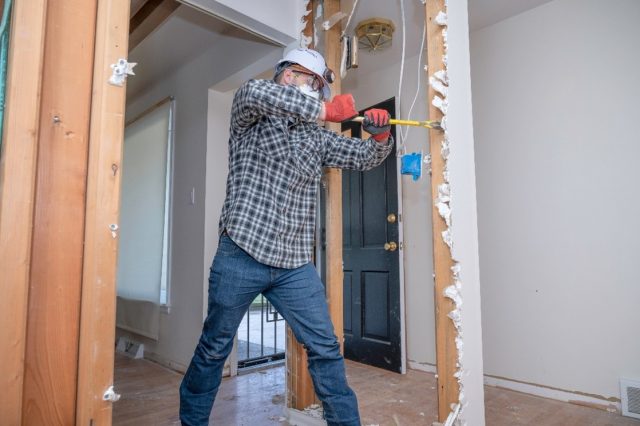Home flipping can be a lucrative venture, but its success largely hinges on the initial step of selecting the right property. Choosing a property that’s ripe for flipping is a skill that combines market knowledge, foresight, and a keen eye for potential. In this detailed guide, Mickie Lei Gardiner will explore what you should look for when evaluating properties for your next home flip.
Location, Location, Location
The age-old real estate mantra holds especially true in home flipping. The location of a property can significantly impact its resale value. Look for homes in neighborhoods with rising property values, good schools, and desirable amenities like parks, shops, and restaurants. Also, consider the area’s crime rate and proximity to highways and public transportation.
Assess the Property’s Condition
The condition of the property is a critical factor. Here’s what to consider, according to Mickie Lei Gardiner:
Mickie Gardiner on Structural Soundness
A home with a solid foundation and structure is preferable. Major structural problems can be costly and time-consuming to fix. Look for signs of foundational damage, such as cracks in the walls or uneven floors.
Cosmetic Changes vs. Major Renovations
Properties that require cosmetic updates like paint, flooring, or light fixtures typically offer a better return on investment than those needing extensive renovations. Major overhauls like plumbing, electrical rewiring, or roof replacement can quickly eat into your profit margin.
Mickie Lei Gardiner on The Layout
Homes with awkward layouts are harder to sell. Look for properties with a layout that appeals to a broad audience. Sometimes, minor changes like knocking down a non-load-bearing wall can vastly improve a home’s flow and feel.
Understand the After Repair Value (ARV)
The ARV is what the home is worth after renovations. To estimate the ARV:
- Analyze Comparable Sales: Look at recent sales of similar homes in the same neighborhood to gauge what your flipped home might sell for.
- Consider Market Trends: Be aware of the current market trends. In a seller’s market, you might expect higher returns, whereas, in a buyer’s market, your profit might be lower.
Mickie Gardiner on The Importance of Evaluating Renovation Costs
Having a realistic estimate of renovation costs is crucial. Underestimating can lead to budget overruns and reduced profits. It’s often beneficial to consult with contractors or a home inspector during this phase to get a more accurate estimate.
Check for Legal and Zoning Issues
Ensure the property has no legal entanglements like liens or unresolved building permits. Additionally, understand the local zoning laws as they can affect your renovation plans.
Mickie Gardiner Suggests to Consider the Timing
The real estate market is subject to seasonal fluctuations, which have a direct impact on the prices and selling speed of homes. Generally, spring and summer are considered the peak selling seasons, when the demand for homes is higher, and the competition among buyers is more intense. However, before making any renovations or upgrades to your property, it is essential to carefully assess the timing of your project. Factors like the scope of the renovations, the availability of contractors, and the length of the project may affect your ability to list the property during a favorable market season. Therefore, it’s crucial to consider the market trends and forecast, and to plan your renovation schedule accordingly to maximize your chances of success.
Potential for Improvement
The best flips are homes that can be easily improved to align with buyer preferences. Adding a bathroom, updating a kitchen, or enhancing curb appeal are examples of improvements that can significantly boost a home’s value.
Financing the Flip
Consider how you will finance the purchase and renovation of the property. Flipping homes requires a significant upfront investment, and understanding your financing options is essential.
Exit Strategy
It’s always wise to have a backup plan when it comes to selling your home. One of the most important things to consider is having an exit strategy in case the property doesn’t sell for the expected price. A good alternative to selling, as suggested by property expert Mickie Lei Gardiner, is to explore the possibility of renting out the home. This can be a viable option that can not only help you mitigate risks but also generate a steady stream of income. Being flexible is key in such situations as it allows you to keep your options open and make the best decision based on the current market conditions and your financial goals.






